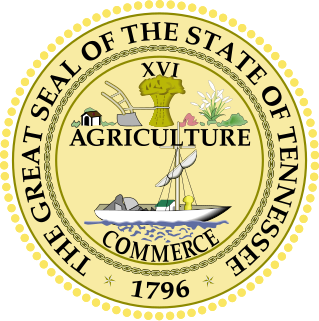
The prime minister of Northern Ireland was the head of the Government of Northern Ireland between 1921 and 1972. No such office was provided for in the Government of Ireland Act 1920; however, the Lord Lieutenant of Ireland, as with governors-general in other Westminster Systems such as in Canada, chose to appoint someone to head the executive even though no such post existed in statute law. The office-holder assumed the title prime minister to draw parallels with the prime minister of the United Kingdom. On the advice of the new prime minister, the lord lieutenant then created the Department of the Prime Minister. The office of Prime Minister of Northern Ireland was suspended in 1972 and then abolished in 1973, along with the contemporary government, when direct rule of Northern Ireland was transferred to London.

The speaker of a deliberative assembly, especially a legislative body, is its presiding officer, or the chair. The title was first used in 1377 in England.

The Senate of Northern Ireland was the upper house of the Parliament of Northern Ireland created by the Government of Ireland Act 1920. It was abolished with the passing of the Northern Ireland Constitution Act 1973.

The Tennessee Senate is the upper house of the U.S. state of Tennessee's state legislature, which is known formally as the Tennessee General Assembly.

The Speaker of the Northern Ireland Assembly is the presiding officer of the Northern Ireland Assembly, elected on a cross-community vote by the Members of the Northern Ireland Assembly. A Principal Deputy Speaker and two Deputy Speakers are elected to help fulfil the role. The office of Speaker is currently held by Sinn Féin MLA for Belfast West Alex Maskey.
The Speaker of the Northern Ireland House of Commons was the presiding officer of the lower house of Parliament in Northern Ireland from 1921 to 1972.
Sir Joseph Davison was a prominent Northern Irish Unionist politician.
Major John Robert Perceval-Maxwell (1896–1963) was an Ulster Unionist Party politician from Northern Ireland.
Patrick Francis McGill (1913–1977) was a journalist and nationalist politician in Ireland.
James Gerrard Lennon, known as Gerry Lennon, was a solicitor and Irish nationalist politician.
Thomas Sinclair, was an Irish unionist politician.

Maxwell Richard Crosbie Ward, 6th Viscount Bangor, was an Irish peer and politician.
Sir Alexander Wilson Hungerford, known as Wilson Hungerford, was a Unionist politician in Northern Ireland.

The Rt Hon. Sir James Johnston, PC was a unionist politician in Northern Ireland.
Samuel Wilson Boyd was a unionist politician in Northern Ireland.
James Bailie (1890–1967) was a unionist politician in Northern Ireland.
Joseph Fisher was a unionist politician in Northern Ireland.
Samuel Kinghan was a unionist politician in Northern Ireland.
William Sinclair Kingan was a unionist politician in Northern Ireland.






